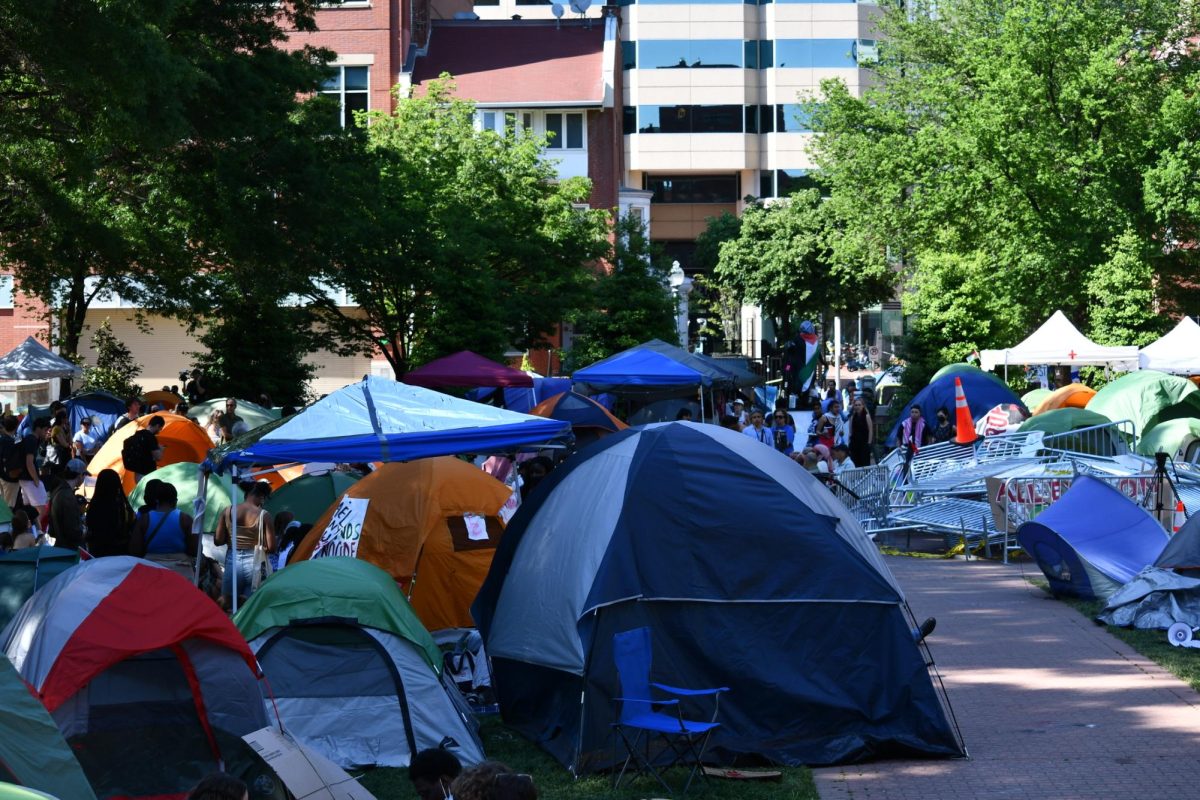Employees in Washington, D.C. will receive paid family leave benefits starting in January 2020 after Mayor Muriel Bowser (D) allowed the legislation funding the new program to move to the U.S. Congress for review.
Bowser, who is a vocal critic of the act’s financial cost and extent of the law’s coverage, declined to veto the legislation late Wednesday evening, allowing the bill to go to Congress without her signature.
Unless the Republican-controlled Congress moves to block the Universal Paid Leave Act of 2015, the bill will become law. The D.C. Council passed the legislation with a veto-proof nine to four vote Dec. 20, 2016.
The plan ensures paid leave for eight weeks to parents of newborns, six weeks to workers tending to an ill relative and two paid weeks for sick leave.
The paid leave plan, one of the most generous of the country, will be funded through a payroll tax that will go into effect January 2019 and will require the formation of a new city agency to oversee the implementation of benefits.
The benefits established by the bill do not extend to federal and District government employees as the city cannot tax federal workers and city employees already benefit from a paid leave program.
According to a statement from Councilmember David Grosso (I-At Large), one of the original cosponsors of the bill, the plan is a progressive victory for the District.
“We are now one step closer to relieving D.C. families and workers from the difficult choice between a paycheck and caring for a loved one,” Grosso said in a press release. “Paid leave provides financial stability to workers while allowing them to care for ailing family members. Parents who take leave after the arrival of a new child will return to work in better general health. More women will participate in the work place. Infant mortality will decline.”
Despite the House of Representatives Oversight and Government Reform Committee issuing a formal markup of disapproval of D.C.’s Death with Dignity Act on Monday evening, the fourth time Congress has voted down a D.C. law since the passing of the 1973 Home Rule Act, Grosso’s office does not expect congressional intervention. However, neither the full House nor the U.S. Senate voted down the Death With Dignity Act within the 30-day review period.
Grosso’s Communications Director Matthew Nocella said Grosso hopes Congress will not interfere in this local legislation.
“Congress can pass a disapproval resolution which would invalidate it,” Nocella wrote in an email to The Hoya. “Congress has failed to do that as recently as this week with the Death with Dignity Act. The councilmember can’t predict Congress, but he doesn’t believe that this is an issue that they are paying particular attention to.”
Bowser broke with her party to oppose the bill throughout almost two years of negotiations with the city council.
In a letter Bowser sent to Council Chairman Phil Mendelson (D) on Wednesday, Bowser emphasized that though she agrees with the principle of providing aid to families, she disagrees with the structure of the current plan because it provides greater aid to non-District residents who work in the city.
“[The act] attempts to advance a D.C. Value that we share: that D.C. families should have time to care for themselves and their loved ones,” Bowser wrote in the letter. “As you know, my Administration has been steadfast in our desire and tireless in our work to give all residents a fair shot to achieve and maintain economic security in a thriving D.C.”
The plan will impose a new 0.62 percent payroll tax on all District employers. The tax is expected to create $250 million annually, which will be allocated by the mayor’s office.
Bowser cited this tax increase as a detriment to local businesses. She added that it will impose a significant burden on the city government to create infrastructure to implement the plan, before the tax revenue is collected.
According to Bowser, two-thirds of the recipients of benefits will not be D.C. residents.
Bowser indicated she will continue to work with the council to address these and other concerns, like the creation of new technology infrastructure to collect the tax.




















